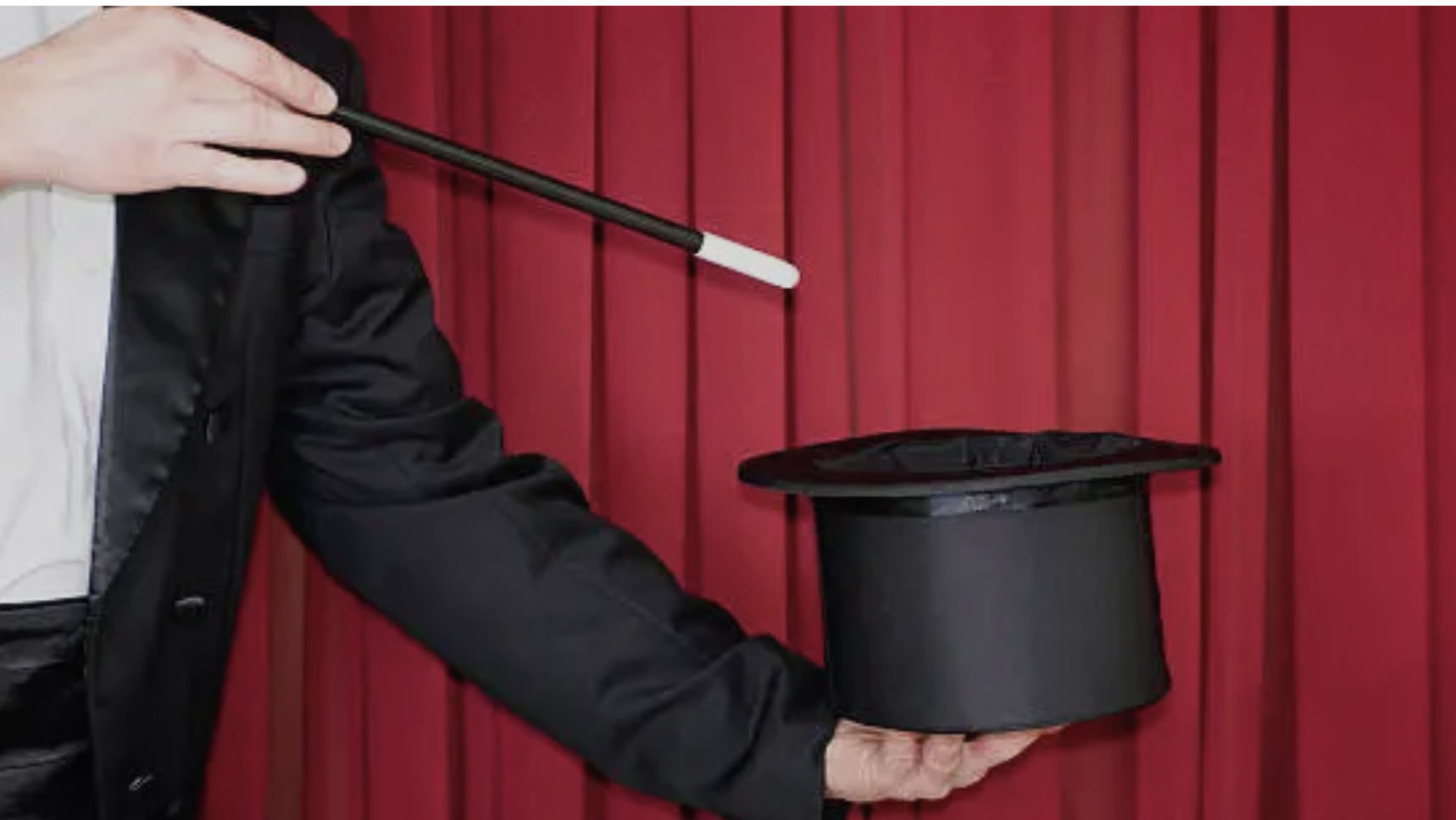Markus Jooste: The shadow magician who couldn’t look into the mirror
On Human Rights Day Markus Jooste, the former CEO of Steinhoff International, took his own life. In the aftermath there has been much debate about whether it was a selfish deed or whether Jooste deserves some sympathy for this final desperate act.
Whatever the case might be, there was a feeling of inevitability to it.
Starting out in the furniture business, Jooste quickly turned into what many described as a “deal magician”. From a young age, he convinced others to make big deals and almost magically money started to multiply on global stock exchanges and of course, for him.
By the time he was 55 years old, Jooste was listed as one of the richest people in Africa, with a reported wealth of almost $400 million. With an apparent disregard for the poverty surrounding him in South Africa, he shamelessly flaunted his obscene wealth.
In Stellenbosch the old guard whispered disapprovingly about him knocking down old houses to build “a monstrosity”. There were cars, a girlfriend kept in comfort, private jets, yachts and horse racing – lots and lots of horse racing. At his beach house in Hermanus, which stretches over a whole block, he cut off all the old trees to replace them with sprawling lawns – much to the disapproval of the locals.
It should have been apparent early on that, Jooste might have been a magician, but he was unapologetically a shadow magician, only interested in his own enrichment.
And then it all came crashing down.
Like all magic tricks it turned out it to be an illusion, based on deception.
I am always interested in people (mostly men) with these hyperinflated egos who seem to believe that they can get away with anything and that rules don’t apply to them. Clinton somehow thought he could get away with blow jobs in the Oval Office, Trump still can’t understand that there is a problem with a long list of things that would get ordinary people in jail for a long time. Closer to home, there is a long list of politicians and businessmen, who have acted with impunity because they believed they could.
Psychologists tell me that these people were usually bullied or mistreated as children. These childhood wounds then become a motivating factor to hide their real or perceived personality flaws for the rest of their lives.
They crave power through positions of influence and wealth – neither of which they can ever have enough of, in their desperate race to hide the true self. Of course, inevitably at some point someone will point out that the king is not wearing any clothes and with the real man now exposed it triggers a huge personal crisis.
I don’t know what childhood wounds Jooste carried, but my psychologist friends assure me that he would not only have feared jail, but the court proceedings.
In court, all his misdeeds would have been exposed and his personality would have been under scrutiny by millions around the world. The real Markus Jooste would have been laid bare for all to see. This would have been too much for him to face.
Of course, he could have somewhat redeemed himself by admitting to the wrongs and apologizing to those – including thousands of pensioners – whom his actions had hurt. That would have required a certain amount of self-reflection and admitting to himself what he had done – neither of which he seemed able to do.
For the last seven years, since the collapse of Steinhoff, he stayed away from the public eye, presumably hoping and believing that nothing would happen. Friends said that he maintained that he was innocent. Then, the net started to tighten with multi-million-rand fines and a warrant for his arrest on 22 March. The game was finally over.
Jooste knew he was going to be forced to look in the mirror and be publicly exposed and so he walked down to the sea and in dramatic fashion ended his life.
Markus Jooste is now gone, but all the people who wanted to bask in the shine of his wealth and/or turned a blind eye to the corruption that should have been blatantly obvious have a lot to answer for.
Unlike him, they should all have had a good look at themselves in the mirror and ask: “What did I become because of greed?”
The words of Pope Francis seem particularly apt in this case: “There is a culture of comfort, which makes us think only of ourselves. It makes us live in soap bubbles, which however lovely are also insubstantial.”
